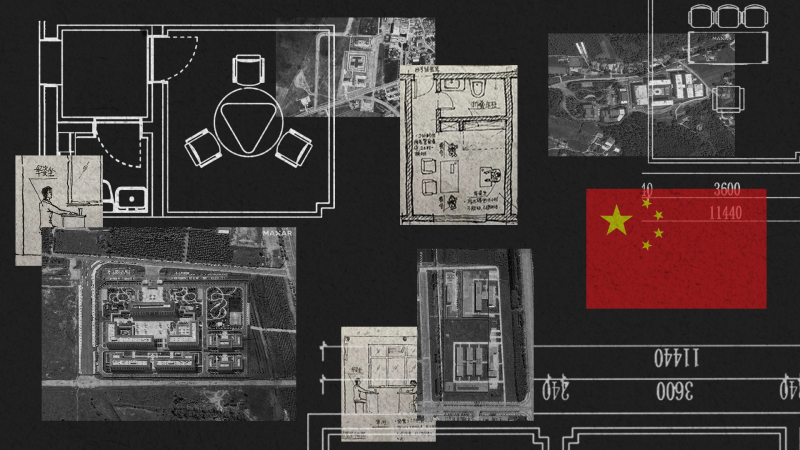[China’s Xi Jinping has expanded a detention regime to target a broader section of society, including private entrepreneurs, school and hospital administrators, and individuals deemed to be implicated in graft cases. The regime, known as “liuzhi,” or “retention in custody,” has been codified by law and is overseen by the National Supervisory Commission (NSC).
Since taking power in 2012, Xi has launched a sweeping campaign against graft and disloyalty, taking down corrupt officials and political rivals at an unprecedented speed and scale. The campaign has now turned into a permanent and institutionalized feature of Xi’s open-ended rule.
The liuzhi detention regime has been built or expanded nationwide, with at least 218 centers constructed or renovated across China since 2018. The facilities are designed to be more standardized and regulated than the hotels and villas often used for shuanggui, the predecessor to liuzhi.
Detainees can be held for up to six months without seeing a lawyer or family members, and are subject to intense pressure and potential abuse. Many have reported being forced to sit in one position for up to 18 hours a day, with severe pressure ulcers and malnutrition. Others have been given medication to induce hallucinations and felt like they were losing their minds.
The Chinese government has hailed the transition from shuanggui to liuzhi as a crucial step toward “the rule of law in anti-corruption work.” However, legal experts say the legislation only wraps a thin veil of legality around a detention regime that operates outside the judicial system, lacks external oversight, and remains inherently prone to abuse.
The expanded detention regime has also been criticized for targeting individuals who are not party members, including private entrepreneurs and individuals deemed to be implicated in graft cases. Many have been taken into custody, including high-profile individuals such as Bao Fan, a billionaire investment banker, and Li Tie, a former English Premier League soccer star and coach of China’s national men’s team.
The Chinese government has denied allegations of abuse and forced confessions, and has hailed the transition from shuanggui to liuzhi as a crucial step toward “the rule of law in anti-corruption work.” However, the expanded detention regime has sparked heated debate and criticism from Chinese lawyers and legal scholars, who say the powers granted to investigators during liuzhi have far outweighed the protection of detainees’ rights.
Source link

